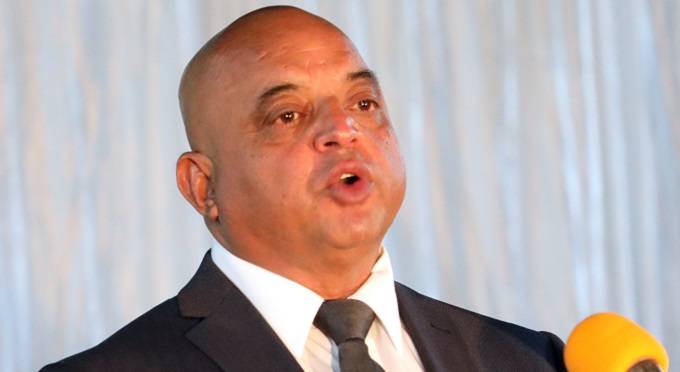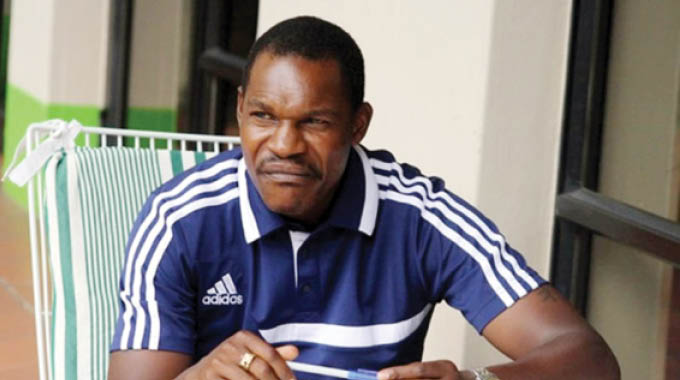Zim @39, sport needs to push boundaries

Eddie Chikamhi, Harare Bureau
BACK in the day, “the Golden Girls” of women’s field hockey team gave Zimbabwe — which was only a few months old then — a good head start in sport when they won gold at the Moscow Olympics in Russia.
But close to four decades later, success stories are still few and far between.
The Independence Day is often a time to reflect on the past achievements and as the nation celebrates 39 years this week, Zimbabweans need to take stock of their success, missed opportunities and obstacles.
This year the country celebrates the netball team’s qualification for the World Cup for the first time as well as the Warriors who are set for their fourth Afcon finals appearance in Egypt.
In the early years after independence, the country produced Commonwealth boxing champion Langton “Schoolboy” Tinago and two Africa Boxing Union title holders Proud “Kilimanjaro” Chinembiri and Stix McLoud.
Then golfer Nick Price put the country on the world map in the 1990s and Evan Stewart, who was a diving star, sat at the top of the world after winning gold at the 1994 FINA World Aquatics Championships held in Italy.
There was the Black family’s strong influence in tennis which helped catapult Zimbabwe during their most successful years in the prestigious Davis Cup tournament.
The national rugby team also made their mark in sport when they featured at the World Cup in 1987 and 1991.
Football also drew a huge following during the days of the “Dream Team” of the 1990s under German coach, Reinhard Fabisch.
But the most successful story ever written by Zimbabwe came from swimming icon, Kirsty Coventry, who smashed records in a glitzy career that has made her the most decorated Olympian from Africa.
Coventry had an amazing haul of seven Olympic medals which include two gold, four silver and one bronze.
At the turn of the millenium, Zimbabwe also had world champions in karate in Samson Muripo and Martial Arts Wilfred Mashaya while boxer Charles Manyuchi also took the boxing ring by storm when he won the world silver champion belt.
But, Zimbabwean sport generally has met with many challenges on and off the pitch – lack of funding, poor facilities, poor governance and the lack of a clear development thrust.
Years after independence, there have also been questions on the calibre of the people running sport in the country some of whom lack the basic qualifications.
Coventry, now the Minister of Sport, summed up the woes facing the future of the industry when she visited Mabvuku recently.
“We, obviously, have to intervene and ensure that the environment is as conducive as possible so that our athletes can perform better in conditions that allow them to be competitive at any level,” she said.
“The facilities in Mabvuku, which include a cricket pitch, basketball court, volleyball court, rugby field, two soccer pitches and a gym are in a retrievable state.
“Zimbabwe has a lot of talent and if those in the grassroots have access to enabling facilities, we can be more of a challenge in more sporting disciplines.”












Comments